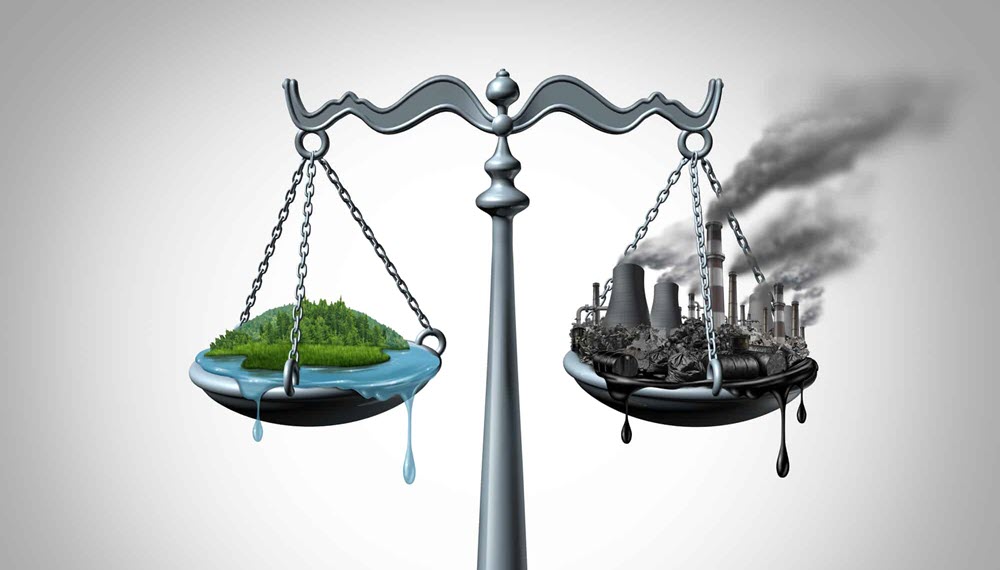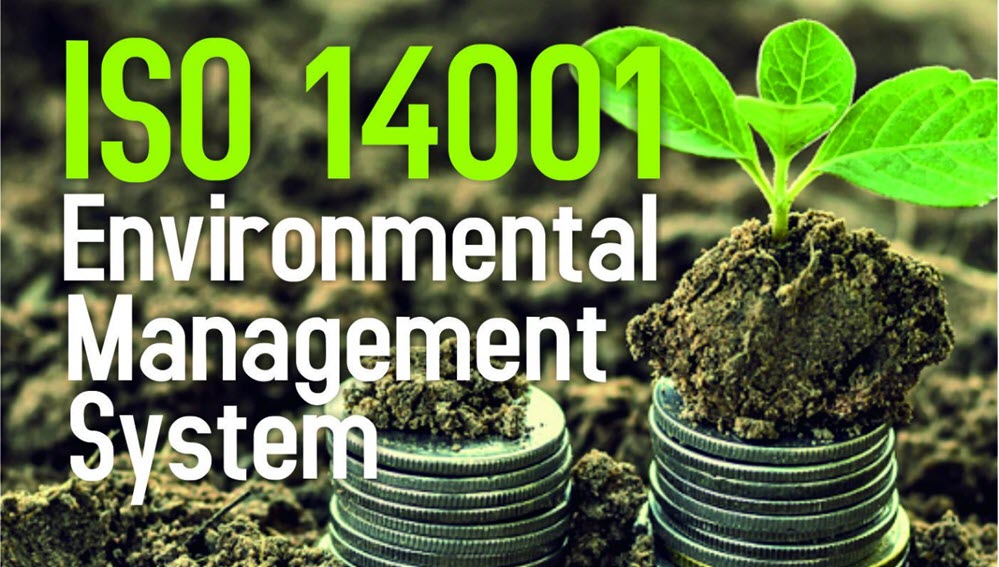EQMS Blog

What Are The Key Environmental Legislations In UK
The United Kingdom (UK) has been at the forefront of environmental legislation for decades. The country has put in place numerous laws and regulations to protect its environment and address the challenges of climate change. In this article, we will take a closer look at some of the key environmental legislation in the UK and how they impact individuals and businesses.
The Climate Change Act 2008
The Climate Change Act 2008 is a landmark piece of legislation that sets legally binding targets to reduce greenhouse gas emissions. The Act commits the UK to reduce its emissions by at least 100% by 2050, compared to 1990 levels. This ambitious target requires significant efforts from all sectors of the economy, including transport, industry and agriculture. The Act also established the Committee on Climate Change, an independent body that advises the government on climate change policies.
The Environmental Protection Act 1990
Another one of the key environmental legislations in UK is The Environmental Protection Act 1990 is a comprehensive piece of legislation that covers a wide range of environmental issues, from air and water pollution to waste management and noise control. The Act sets out the duties of local authorities and other bodies to protect and improve the environment and it gives them the power to take enforcement action against those who breach the law. The Act also established the Environment Agency, a public body that works to protect and improve the environment in England.
The Wildlife and Countryside Act 1981
The Wildlife and Countryside Act 1981 is a key piece of legislation that protects wildlife and habitats in the UK. The Act provides legal protection for wild birds, animals, and plants, and it makes it illegal to harm them intentionally or recklessly, or damage their habitats. The Act also established Sites of Special Scientific Interest (SSSIs), which are areas of land or water that are protected for their wildlife or geological value.
The Water Resources Act 1991
The Water Resources Act 1991 is also one of the crucial environmental legislations in UK that regulates water abstraction, impounding, and discharge in the UK. The Act aims to protect water resources and ensure that they are used sustainably. The Act also established the Environment Agency as the regulator for the water industry in England and Wales.
The Renewable Energy Directive
The Renewable Energy Directive is a European Union (EU) directive that sets targets for the production of renewable energy in the EU. The UK has adopted the directive and has set its own targets for the production of renewable energy. The UK government aims to produce 15% of its energy from renewable sources by 2020 and has put in place a range of policies to support this target.
The Clean Air Act 1993
The Clean Air Act 1993 is a one of the environmental legislations in UK that aims to reduce air pollution in the UK. The Act sets out measures to control emissions from industrial processes, domestic and commercial heating, and road transport. The Act also gives local authorities the power to designate Air Quality Management Areas (AQMA) where air pollution levels are high, and to take action to improve air quality in these areas.
The Waste and Resources Action Programme (WRAP)
The Waste and Resources Action Programme (WRAP) is a government-funded initiative that aims to promote sustainable resource management in the UK. WRAP works with businesses, individuals, and local authorities to reduce waste, increase recycling rates, and promote sustainable consumption patterns. The initiative has been successful in increasing recycling rates and reducing waste in the UK.
The National Pollinator Strategy
The National Pollinator Strategy is a government initiative that aims to protect pollinators, such as bees and butterflies, in the UK. The strategy sets out a range of measures to improve habitats, reduce pesticide use, and raise awareness of the importance of pollinators. The initiative has been successful in increasing the number of pollinator-friendly habitats in the UK and promoting sustainable farming practices that support pollinators.
The Packaging Waste Regulations 2007
The Packaging Waste Regulations 2007 is one of the environmental legislations in UK that that aims to reduce the environmental impact of packaging waste. The regulations require businesses that produce more than 50 tons of packaging waste per year to recover and recycle a specified percentage of that waste. The regulations also encourage the use of sustainable packaging materials and design.
The Energy Performance of Buildings Regulations 2012
The Energy Performance of Buildings Regulations 2012 is a piece of legislation that sets out minimum energy efficiency standards for buildings in the UK. The regulations require buildings to meet certain energy performance standards when they are constructed, sold, or leased. The regulations also require regular inspections of heating and cooling systems in buildings to ensure they are operating efficiently.
Conclusion on Environmental Legislations in UK
The UK has implemented a range of environmental legislation to protect its environment, promote sustainable development and address the challenges of climate change. These laws and regulations cover a wide range of environmental issues, from air and water pollution to waste management and energy efficiency. They provide a legal framework for individuals and businesses to act in an environmentally responsible way and help to ensure that the UK remains a leader in environmental protection. As we continue to face the challenges of climate change, it is crucial that we continue to support and strengthen these laws and regulations to ensure a sustainable future for generations to come.
If you are looking for support with ensuring compliance to environmental legislations in UK, then feel free to contact us to discuss how our Legal Compliance Audits can support with your compliance obligations.

Request a free consultation
Contact us to discuss your needs and see how we can support to reach your goal.

Recent posts

In today's digital age, businesses are constantly exposed to various cyber threats. As a result, companies must adopt a proactive approach to cybersecurity to prevent data breaches, theft, and other...

Quality management systems are essential in ensuring that organisations can deliver quality products and services consistently. The International Organisation for Standardization (ISO) developed the ISO 9001 standard to help organisations...

ISO 14001 is a globally recognised standard for environmental management systems (EMS) that helps organisations manage their environmental impact and improve their sustainability performance. Obtaining this certification demonstrates a company's...
Just a Few of Our Clients
Request a Free Consultation
Contact us to discuss your needs and see how we can support to reach your goal.















